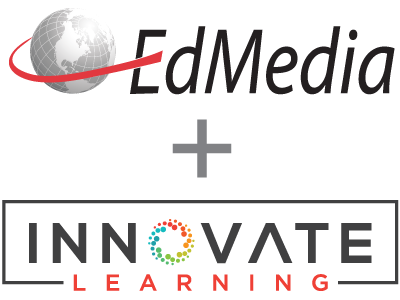
Virtual Lab Implementation Model Predicts STEM Future Plans: Insights from Contemporary Science Courses in Higher Education
PROCEEDING
Rachel Schechter, Learning Experience Design Research, United States ; Paul Chase, Tufts University, United States ; Apoorva Shivaram, Northwestern, United States ; Malte Staeps, Labster, Denmark
EdMedia + Innovate Learning, in Vienna, Austria ISBN 978-1-939797-71-1 Publisher: Association for the Advancement of Computing in Education (AACE), Waynesville, NC
Abstract
Using a mixed-method approach, researchers examined college instructors' use of a virtual lab simulation library, Labster, students' perceptions of the simulations on their learning and future STEM plans, as well as data from the library to explore patterns of lab use and quiz scores. A detailed look at Contemporary Biology I and Biology II quiz scores found that virtual lab use was more regular during the second year of implementation, and students' quiz scores significantly improved, with fewer quiz attempts. Outcomes of the student survey revealed that when virtual lab assignments occurred before the in-person lab, students were 4 times more likely to “Plan to work in a STEM field” and over 5 times more likely to “Plan to take more STEM courses” when compared to students who used the virtual labs at other times. To better understand the difference between a student confident of a future in STEM to one unsure, a sense of belonging to the science community at the university was a distinguishing factor. These findings have important implications on implementing virtual lab simulations to increase student performance, decrease DFW rates, and support continued STEM course enrollment.
Citation
Schechter, R., Chase, P., Shivaram, A. & Staeps, M. (2023). Virtual Lab Implementation Model Predicts STEM Future Plans: Insights from Contemporary Science Courses in Higher Education. In T. Bastiaens (Ed.), Proceedings of EdMedia + Innovate Learning (pp. 1235-1242). Vienna, Austria: Association for the Advancement of Computing in Education (AACE). Retrieved August 31, 2024 from https://www.learntechlib.org/primary/p/222641/.
© 2023 Association for the Advancement of Computing in Education (AACE)
